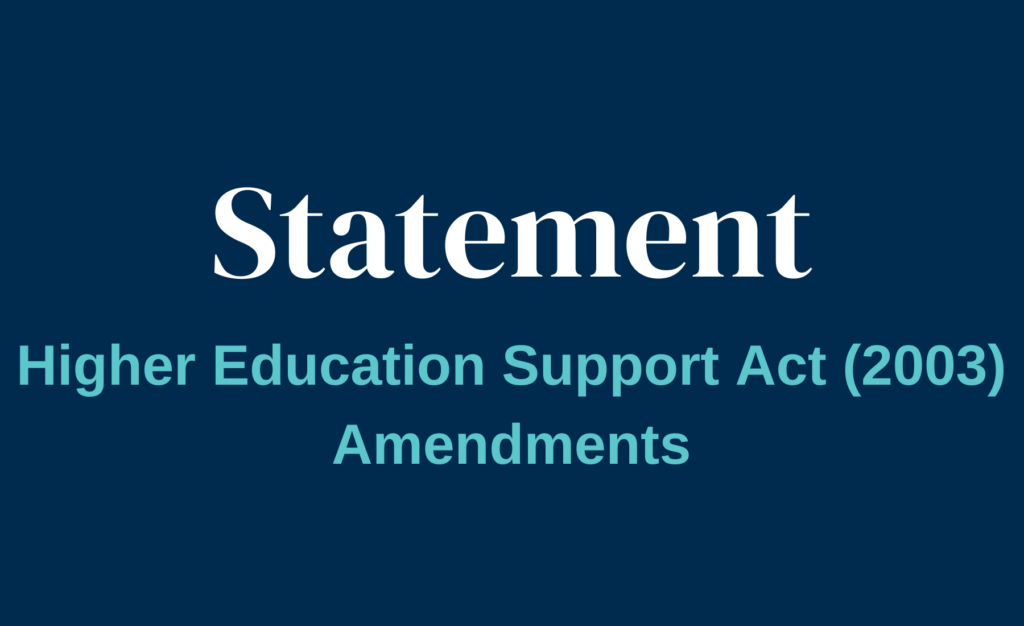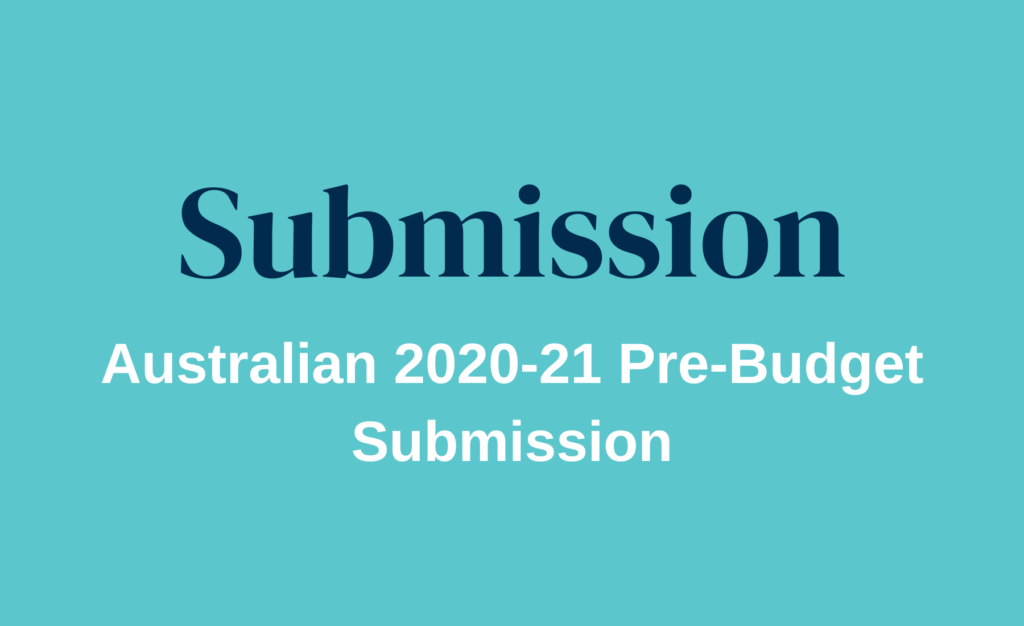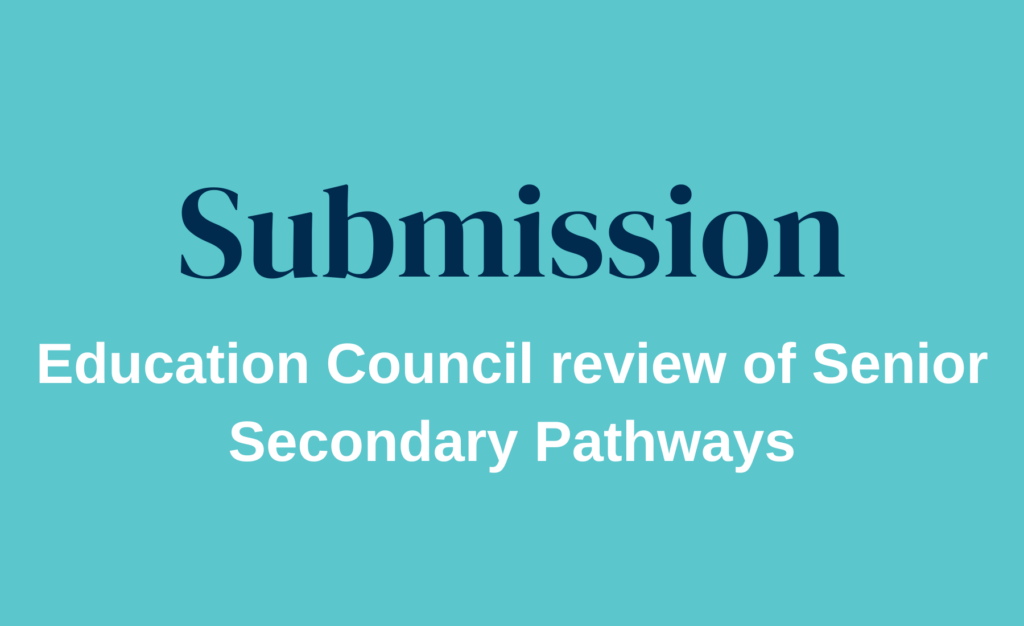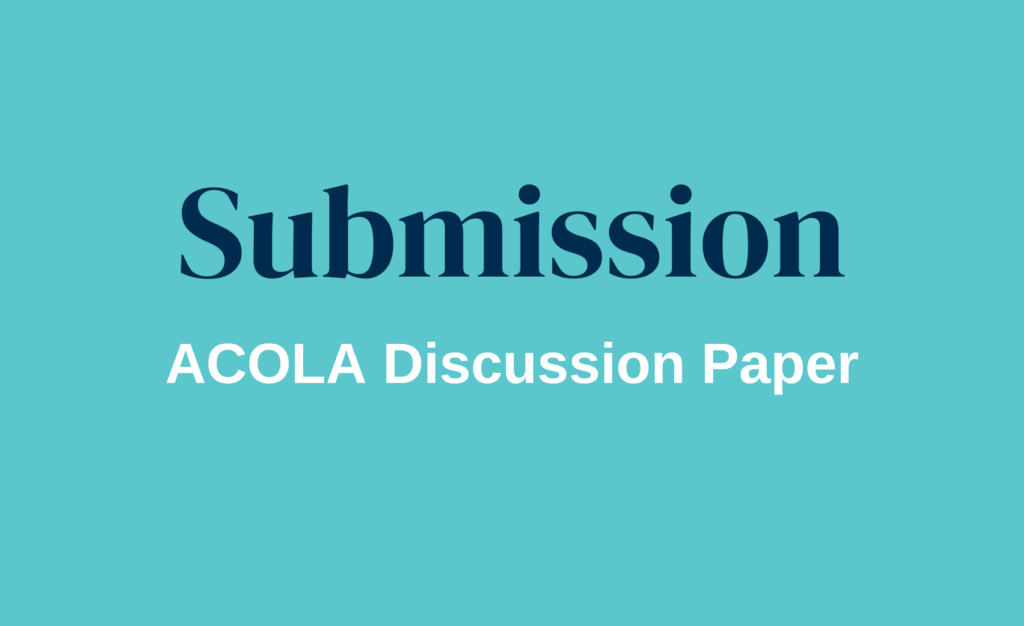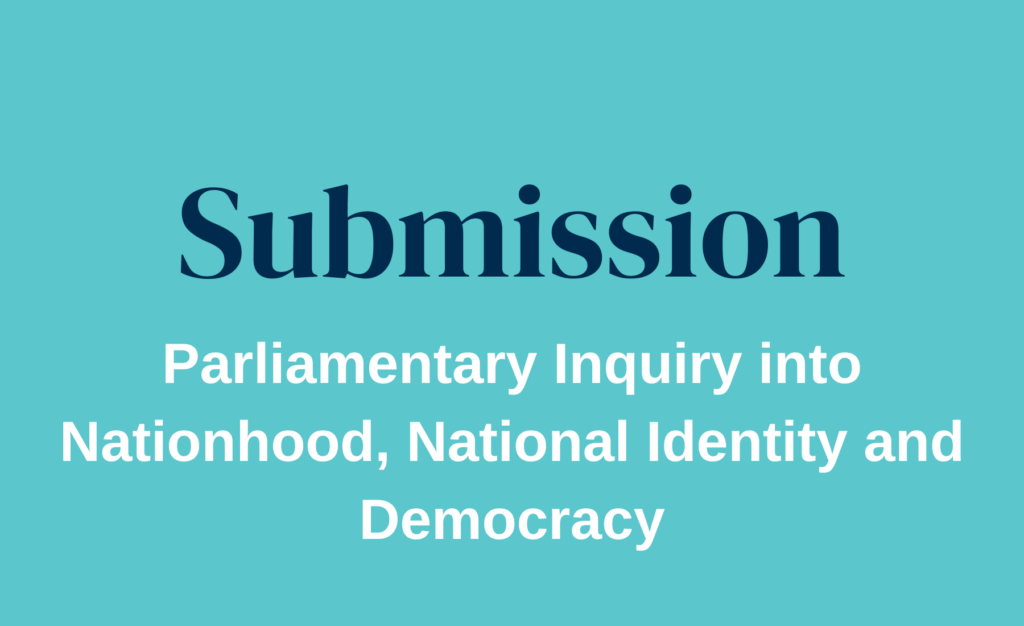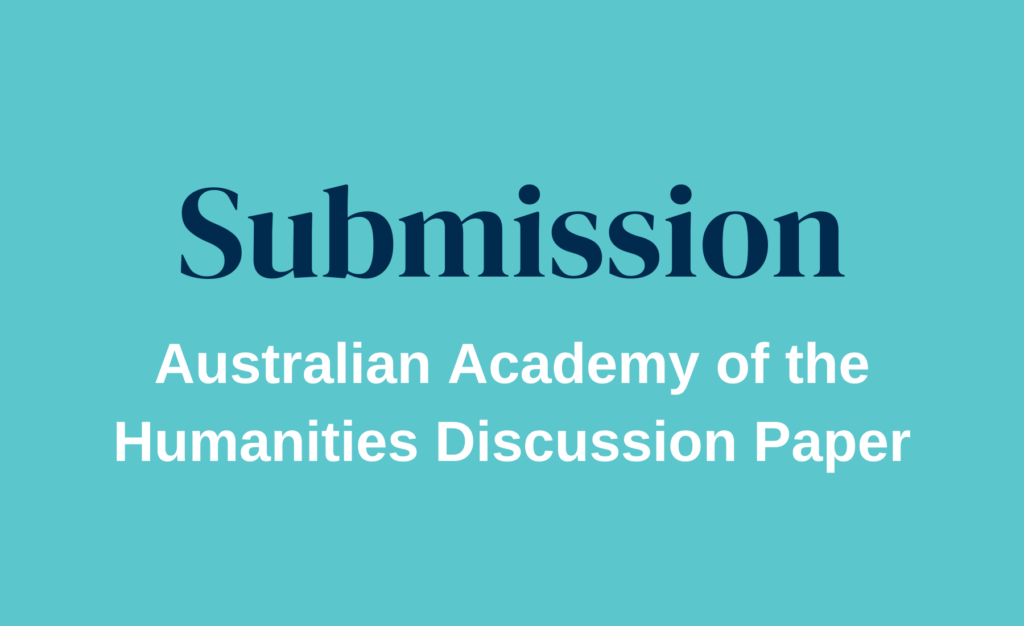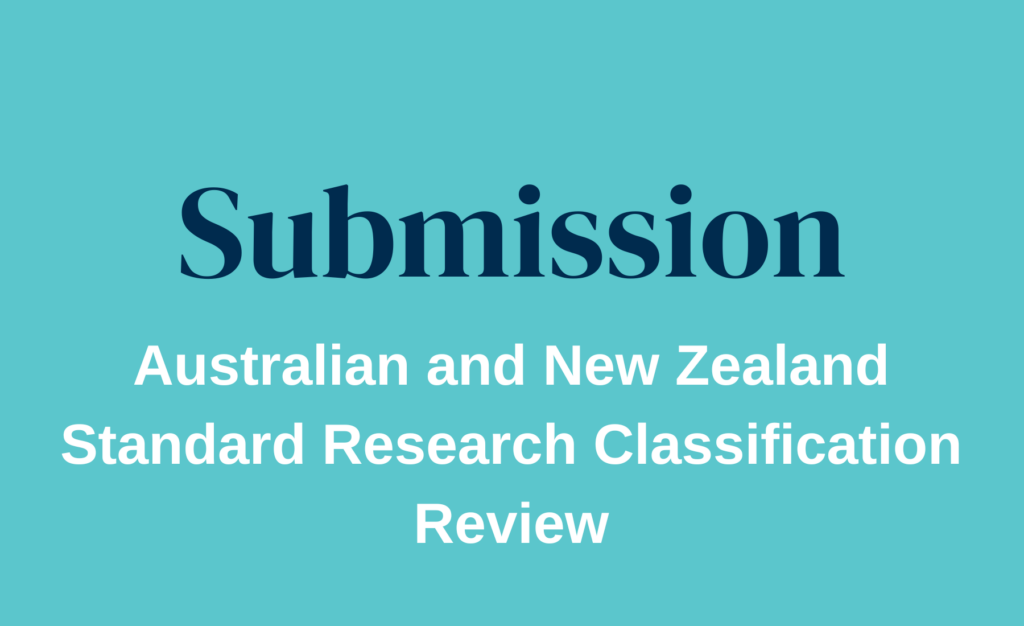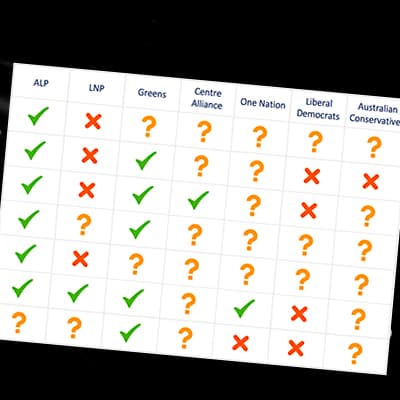Statements • February 2020
Higher Education Support Act (2003) Amendments
Comments on the Proposed Legislative Amendments to the Higher Education Support Act (2003). DASSH recommends that reference to Freedom of Speech is removed from the proposed legislative amendments in the absence of constitutional reform.
Submissions • December 2019
Australian 2020-21 Pre-Budget Submission
DASSH asks the Federal Government to prioritise investment in education and research, particularly in the humanities, arts and social sciences, in its 2020-21 Budget.
Submissions • November 2019
Response to the Education Council review of Senior Secondary Pathways
DASSH members believe current secondary students need to be made aware of the need for continuing, lifelong education, both to manage their expectations of post-secondary courses and to relieve the anxiety that many students experience during the final years of secondary school.
Submissions • October 2019
Response to the ACOLA Discussion Paper, Enhancing Research Outcomes from Australia’s Regional, Rural and Remote Universities
DASSH recognises the vital role of Regional, Rural and Remote universities and campuses and supports ACOLA’s current project aiming to enhance research excellence in such institutions.
Submissions • September 2019
Response to the Parliamentary Inquiry into Nationhood, National Identity and Democracy
In responding to this discussion paper, DASSH focused on the role of humanities, arts and social sciences education in promoting, strengthening and securing the ongoing stability of democracy and democratic values in the Australian nation.
News • September 2019
September 2019 News
DASSH Treasurer Prof Theo Farrell’s commentary about the Excellence in Research for Australia exercise at the AFR Higher Education Summit has received coverage by Times Higher Education. Click here to read more.
News • August 2019
August 2019 News
DASSH has welcomed the news that the Minister of Education has agreed to this year commence a Scoping Study into the research infrastructure capabilities and requirements of HASS, bringing it forward from 2020-21. Read the full media release here.
Submissions • June 2019
Submission – Australian Academy of the Humanities Discussion Paper: Future Humanities Workforce
In responding to this discussion paper, DASSH intends primarily to provide insights from the perspective of leaders in the academic humanities workforce. Our members’ knowledge in this sense is drawn from direct experience in defining strategic directions and managing academic personnel in university contexts, and from their understanding of graduate career pathways and non-academic employers’… Continue Reading»
Submissions • June 2019
Submission to the Australian and New Zealand Standard Research Classification (ANZSRC) Review
While DASSH supports the principles outlined in the Discussion Paper in general, members suggested that the task of research classification could be more effectively achieved and efficiently undertaken were it to draw on techniques arising from advances in artificial intelligence, machine learning, and data science.
News • May 2019
May 2019 News
DASSH has released a scorecard to help voters understand where political parties stand on issues of importance to the Humanities, Arts and Social Sciences (HASS) sector. The media release is here, and the scorecard can be downloaded here.
News • November 2018
November 2018 News
DASSH has now released the “Humanities, Arts and Social Sciences (HASS) Degrees: Powering Workforce Transformation Through Creativity, Critical Thinking and Human Interaction” report. Download it here.
News • October 2018
October 2018 News
DASSH joins with the Australian Academy of the Humanities to express concern and disappointment at the Australian Government’s rejection of $4M in humanities research. Download the media release here.

